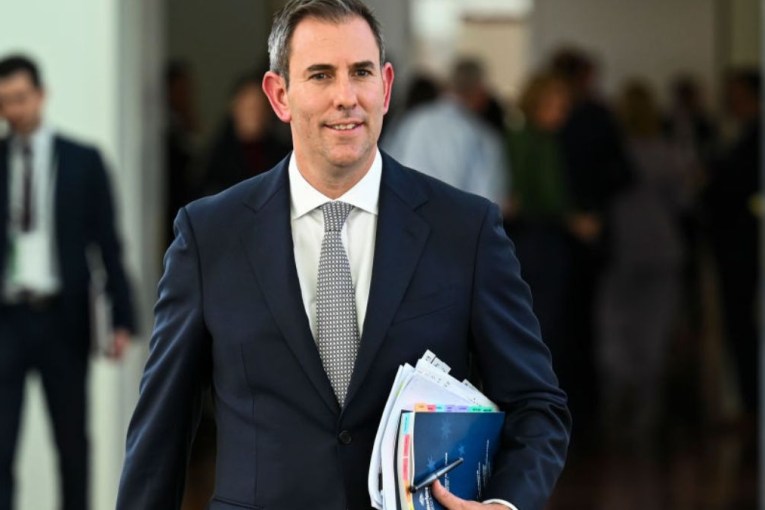Ask the Expert: Living off super? Tailor it to get the best out of your life investment


Super can provide you with a regular tax-free income. Photo: Getty
Question 1
- I am 65, eligible for age pension at 67. My husband currently receives a full pension as it is based on our assets and we are under the threshold. When I reach 67, my accumulation account will be included in our assets and neither of us will then be eligible. Living off super these days is dangerous. Do you have any suggestions for shaving a few hundred thousand off our total asset number?
I would not agree with you that ‘living off super is dangerous’.
Far from it, it can provide you with a regular tax-free income payment and you have an extremely wide range of investments to choose from, ranging from cash and conservative to highly speculative.
You also have the choice of very flexible products like account-based pensions where you can access your funds at any time as well as lifetime annuities and pension which can guarantee a set payment for the rest of your life.
You can choose to purchase both an account-based pension and an annuity to get the best of both worlds.
If by ‘dangerous’ you mean you don’t want to invest in sharemarkets because they go up and down in value, then you can still be in super, just in conservative investment option(s).
Account-based pensions can also be invested in the same way your superannuation is currently.
To go from receiving a full age pension to zero age pension you must have a minimum of $500,000 in super, perhaps a lot more.
If your only goal was to get a part age pension then you could look at upgrading your home as it is an exempt asset. But I wouldn’t recommend doing it just for this reason.
You can invest some of your funds into a complying lifetime annuity or pension, as only 60 per cent of the purchase price is counted under the asset test, reducing to 30 per cent from age 84.
Remember as you draw down on your assets in retirement, including super, you may then be eligible for a part age pension. That is how the system is supposed to work.
I suggest working out how much you need and want to live on in retirement, and then seeing what income sources you have.
For example, if you want $60,000 a year to live on, and you are drawing that down from your super, then you can roughly work out how long it will be before you are eligible for the age pension.
And also remember, the asset test threshold is also indexed each year so you may get there quicker than you think.
I suggest you seek personalised financial advice to help you to define your goals and how best to achieve them.
Question 2
- My dad passed away unexpectedly early this year. My mum received a small inheritance from dad. We later discovered that the inheritance is from his super. Mum is 72 and receives an aged pension from Centrelink. I’m concerned that the inheritance of $65k to my mum will affect her aged pension. Can you advise the tax implications for her please?
Sorry to hear about your dad.
If the funds were from super, then no tax is applicable when paid to a spouse.
From a Centrelink perspective I assume she is going from a member of a ‘couple’ to being ‘single’.
The assets test (the amount you can have in assets before your pension is impacted) for a single person is lower than for a couple’s combined assets. But on the other hand, the rate of payment for a single person is higher.
Therefore, there may be an impact, either higher or lower, depending on your mum’s overall situation, however, based on $65,000 it won’t be significant. I suggest you and your mum having a discussion with Centrelink to clarify.
Question 3
- What is a reasonable percentage fee for managing a SMSF by either a financial adviser or an investment organisation?
Firstly, ASIC has provided the below ‘overview of costs for an SMSF’.
The answer to your question will be in large part dependant on what you are requesting them to do when you say ‘managing’. Does this include administration, accounting, reporting and providing investment advice?
Back at the end of 2020 Rice Warner provided a detailed report on all the costs of running a SMSF.
For example, the mid-range fee for administration was about $2000 and then there were ASIC levies, compliance costs and investment fees in top of this, as well as potential financial advice fees.
You should shop around but only on the specific services you are after.
Craig Sankey is a licensed financial adviser and head of Technical Services & Advice Enablement at Industry Fund Services
Disclaimer: The responses provided are general in nature, and while they are prompted by the questions asked, they have been prepared without taking into consideration all your objectives, financial situation or needs.
Before relying on any of the information, please ensure that you consider the appropriateness of the information for your objectives, financial situation or needs. To the extent that it is permitted by law, no responsibility for errors or omissions is accepted by IFS and its representatives.
The New Daily is owned by Industry Super Holdings








